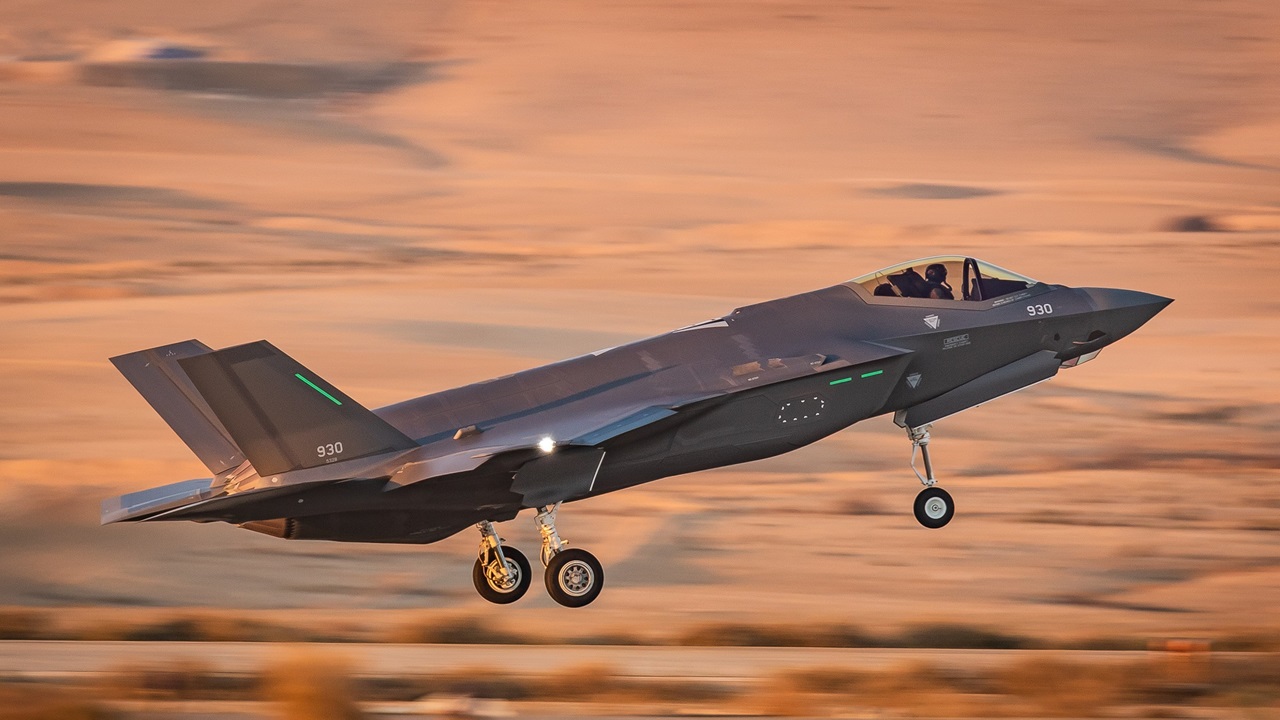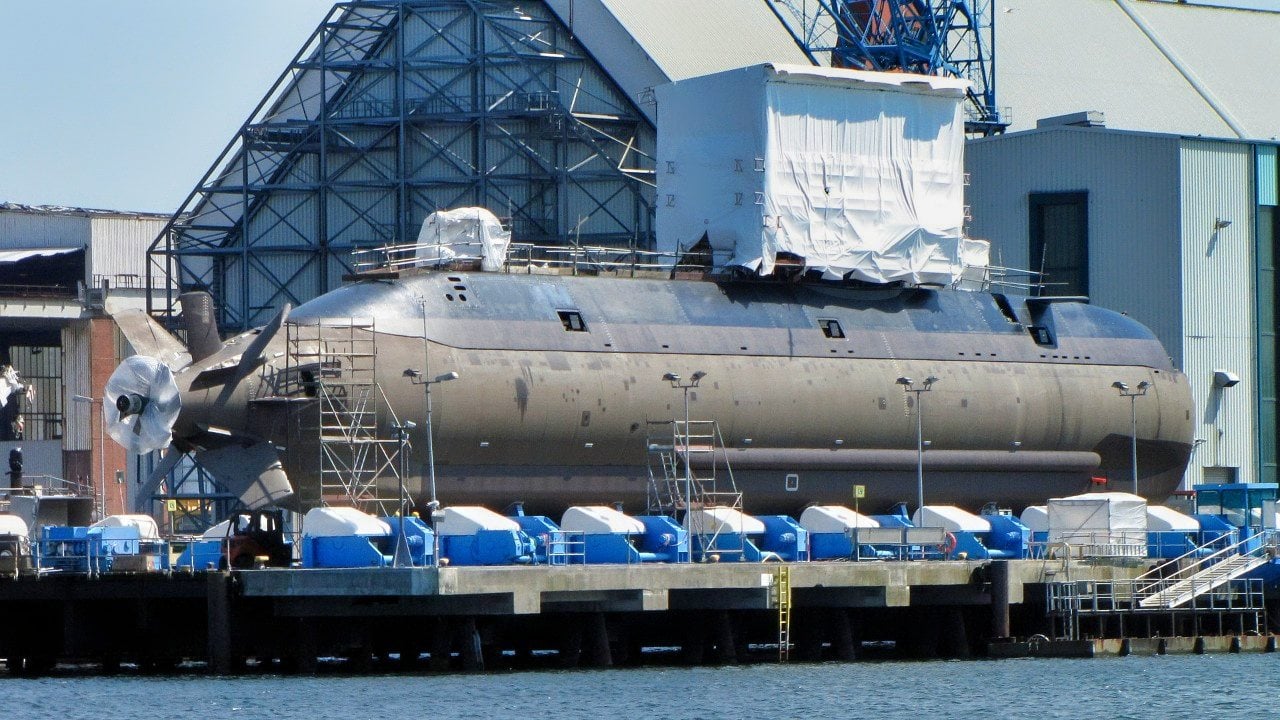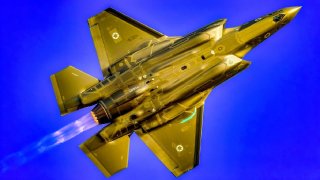Israel Is a Nuclear Weapons Powerhouse
Although Israel has maintained its nuclear-ambiguous policy since its founding, military, and industry officials predict the Jewish state has at least 90 nuclear warheads in its arsenal.
Although Israel has maintained its nuclear-ambiguous policy since its founding, military, and industry officials predict the Jewish state has at least 90 nuclear warheads in its arsenal.
Since Israel never signed the 1968 Nonproliferation Treaty (NPT), its nuclear opacity does not violate any international standard.
Israel: Ambiguous Nuclear Power
This landmark accord intended to halt the spread of nuclear arms was signed by every country except Israel, India, and Pakistan.
North Korea would later withdraw from the treaty in 2003. Israel’s regional position, surrounded by hostile adversaries, initially spurred the new state in the 1950s to explore nuclear capabilities.
Israel’s rationale to offset the combined conventional superiority of its neighbors through nuclear deterrence has helped mold the country’s defensive strategy over time.
A few years after its 1948 founding, Israel’s first Prime Minister Ben Gurion made the critical decision to pursue nuclear capabilities.
According to historian Avner Cohen, “Ben Gurion’s determination to launch the nuclear project was the result of strategic intuition and obsessive fears, not of a well-thought-out plan. He believed Israel needed nuclear weapons as insurance if it could no longer compete with the Arabs in an arms race and as a weapon of last resort in case of an extreme military emergency.”
Initially, a collaborative effort between Israel and France dubbed the Jericho project, it produced the two-stage solid-fuel Jericho I missile in 1973. During the outbreak of the Yom Kippur War when Israel’s conventional capabilities seemed weak, these missiles were supposedly placed on high alert. It is also suspected that nuclear weapons were loaded onto the Jericho I missiles at this time as a last resort option, yet the Israel Defense Forces (IDF) never confirmed this.
Israel’s nuclear ambiguity could be tied to its adversaries’ lack of nuclear capabilities. The Jewish state’s preventative strike policy, called the Begin Doctrine, allows the IDF to intervene in neighboring countries’ nuclear acquirement. Last year, Israel confirmed that it took out a suspected nuclear reactor in Syria in 2007.

Decades earlier in 1981, Israeli jets destroyed a nuclear reactor being constructed near Baghdad by the Iraqi government of Saddam Hussein.
The Islamic Republic of Iran is veering close to its nuclear breakout time, and Israel’s policy of nuclear opacity could change if its adversary does acquire nuclear capabilities.
Stockpiles and Upgrades
Experts believe the Jewish state possesses 90 plutonium-based nuclear warheads today and has enough plutonium in its stockpile to develop 100-200 weapons if necessary.

In 2019, a “rocket engine propulsion” test launch carried out by the IDF, was suspected of being a test of the latest Jericho-3 missile variant. The new Jericho variant is reported to have a range of approximately 4,000-6,000 kilometers, which could easily reach Iranian territory if launched. Additionally, Reputable sources believe the Jericho 3 is equipped with a 750kg nuclear warhead, although this is also unconfirmed.

While it has never been verified, the existence of Israel’s nuclear arsenal is widely accepted by military and industry experts across the world. As Iran’s nuclear capabilities loom closer, Israel’s publicized nuclear posture could change.
About the Author: Maya Carlin
Maya Carlin is a Defense Editor with over 900 published works on defense and national security issues. She is also an analyst with the Center for Security Policy and a former Anna Sobol Levy Fellow at IDC Herzliya in Israel. She has by-lines in many publications, including The National Interest, Jerusalem Post, and Times of Israel.
All images are Creative Commons.


